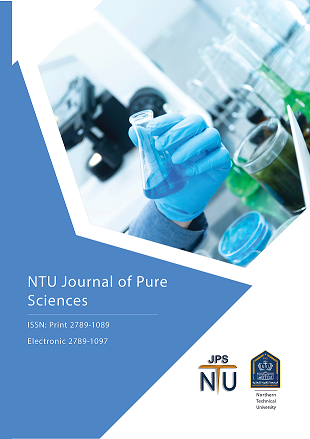A comparative study on the performance of Gray Wolves Optimization and Multi-Free Dynamic Schema
DOI:
https://doi.org/10.56286/ntujps.v3i1.710Keywords:
Single-objective optimization, Multi-free dynamic schema, Gray Wolves Optimization, Genetic algorithmAbstract
The most difficult step is to create new optimization algorithms and examine them using test functions. In this work, we present a comparison study on the performance of Gray Wolves Optimization (GWO) and Multi-free dynamic schema (MFDS) algorithms. The (MFDS) algorithm is a sophisticated optimization method created for solving optimization problems. It contains different operators (dynamic schema operator, dissimilarity operator, similarity operator and free dynamic schema operator). Where, The (GWO) is a meta-heuristic optimization algorithm inspired by the social behavior of grey wolves in a pack. This study focused on the run time and the number of iterations to reach the optimal solutions. The sample of this comparison was on ten functions. The results showed the superiority of an algorithm (MFDS) on (GWO) algorithm in most test functions, especially at the run time. The performance of any single-objective optimization algorithm is a tool to measures the effectiveness of any algorithm for determining out the best solution for a specific problem.
Downloads
Downloads
Published
Issue
Section
License
Copyright (c) 2024 NTU Journal of Pure Sciences

This work is licensed under a Creative Commons Attribution 4.0 International License.
The journal applies the license of CC BY (a Creative Commons Attribution 4.0 International license). This license allows authors to keep ownership of the copyright of their papers. But this license permits any user to download, print out, extract, reuse, archive, and distribute the article, so long as appropriate credit is given to the authors and the source of the work. The license ensures that the article will be available as widely as possible and that the article can be included in any scientific archive. Creative Commons License This work is licensed under a Creative Commons Attribution 4.0 International License.






